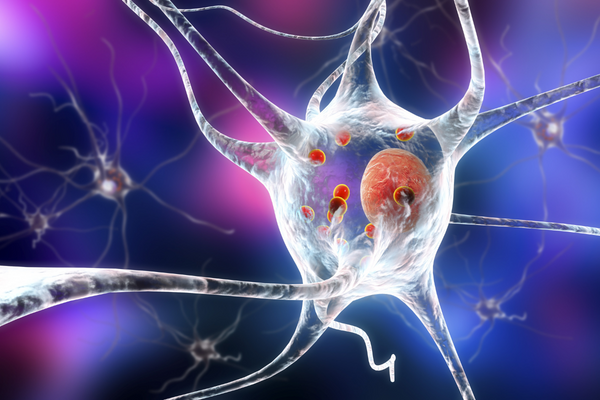Ashkenazi Jews are more likely to experience the kind of gene mutations that are connected with Parkinson’s Disease.
By Shula Rosen, United with Israel
Parkinson’s Disease is growing in frequency, yet Israeli scientists are developing a test that will detect telltale markers of the Disease up to 15 years before the patient begins to show symptoms.
Parkinson’s Disease is a debilitating, as-yet incurable, progressive neurological condition that causes painful muscle contractions, tremors, and difficulty speaking.
Cases of the Disease have doubled in the last 25 years, and currently, 8.5 million people worldwide struggle with the Disease.
The Disease develops when neurons that produce dopamine in the midbrain’s substantia nigra area cease to function.
Often, once the patient shows Parkinson’s symptoms, 50-80%dopamine-producing neurons are already dead, which makes treatment of the Disease elusive so far.
Ashkenazi Jews are more likely to experience the kind of gene mutations that are often connected with Parkinson’s Disease and are more vulnerable to developing it.
Israeli scientists have found a way to identify telltale signs of the early development of Parkinson’s Disease. They may be able to create interventions that will prevent the progression of the Disease.
Prof. Uri Ashery and PhD student Ofir Sade of Tel Aviv University led the team of researchers from Israeli medical centers, Germany, and the United States.
A sign that Disease is developing can be found in the aggregation of proteins.
The alpha-synuclein protein usually exists as a single protein or a tetramer, a protein with four subunits.
This protein needs two or four other proteins to function correctly.
However, when a mutation occurs, the result is an aggregation or binding of thousands of nucleons.
Once this aggregation occurs, it is the precursor for the development of Parkinson’s Disease.
When it is detected, scientists may be able to intervene and prevent further aggregation, thus arresting the development of the disease before symptoms are noticed.
The scientists are currently engaged in clinical trials, funded by the Michael J. Fox Foundation, to prove their concept for a Parkinson’s disease inhibitor.
“We hope that in coming years it will be possible to offer preventive treatments for family members of Parkinson’s patients who are at risk of developing the disease,” Ashery told The Times of Israel.
